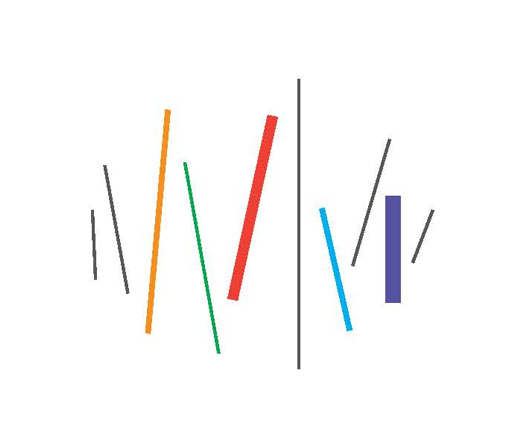Competitive research projects
Social Protagonists of Scientific and Technological Development
About project
Project basics
- Duration: January 2007 - December 2014
Project description
Within long-term thematic objectives, which include the empirical insights into the social role and profiles of key actors of scientific and technological development in Croatia, we shall continue with analyses and syntheses of findings from previous studies and expand them with new empirical insights.
The following activities are planned:
- quantitative study of public perceptions and attitudes towards science; analysis and publication of the data collected on the relationship between science, the media and the public.
Goals and objectives are: a) collection of (internationally comparable) data and analysis of the science-public relationship by researching the scientific literacy, attitudes toward science, public support for science and public participation, and b) analysis and dissemination of findings on the relationship between science, the media and the public. - quantitative study of career-relevant networks of young researchers; analysis and publication of the data collected on the actors of professional socialization of young researchers.
Goals and objectives are: a) to innovate the approach to the research of professional socialization of young researchers through the use of new methods, and b) analysis and dissemination of findings on career rewarding networks of young researchers. - qualitative study of attitudes and career patterns of researchers and managers from industrial institutes using the interview method.
The purpose of qualitative research is to expand the findings of study on the Croatian R&D sector. The research will focus on the role of industrial institutes in the development of the Croatian R&D sector. One of the research goals is to describe the transition industrial institutes in Croatia have undergone.
Benefits: The resulting knowledge can be used for scientific and practical purposes. The findings on science-public(-media) relationship can serve as a scientific basis for action plans, strategies and science policies aimed at improving the relationship between science and the public, public understanding of science and public participation. Results obtained by researching the R&D sector will be useful in the creation of innovation policy or in the articulation of measures for encouraging innovation, while the new methodology of researching networks of young researchers, which relies on the previously unused conceptual framework, will provide new insights into the role discipline and organizational culture play in the socialization of young researchers, enabling a practical basis for science policies.
Logo

